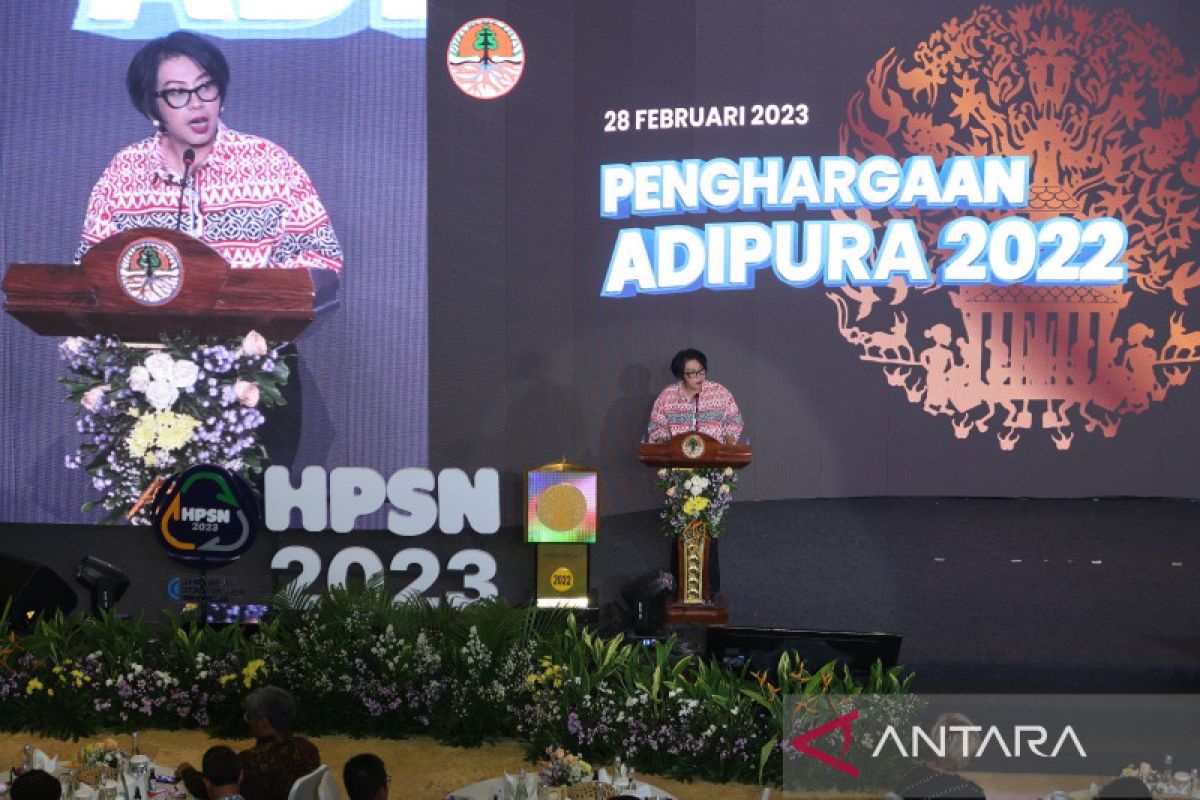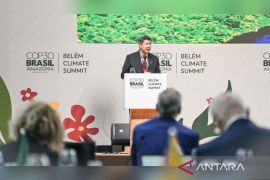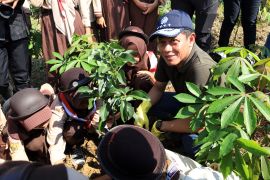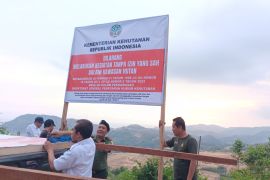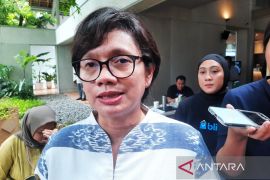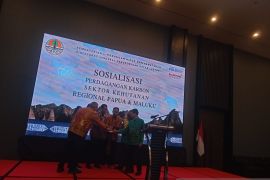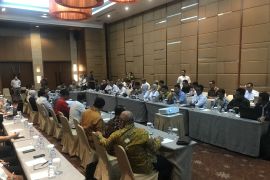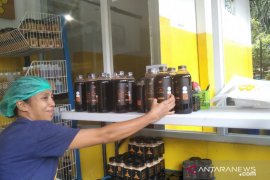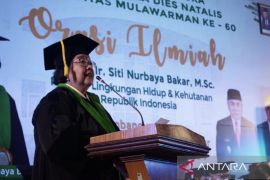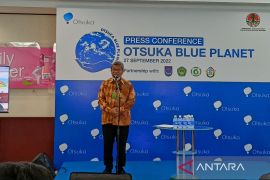We hope that amid 2030 to 2040, there will be only landfill mining activities (and no more open dumping).Jakarta (ANTARA) - The Environment and Forestry Ministry has launched a movement to encourage landfill mining since no more landfills will be constructed from 2030.
"From now on, we want to encourage landfill mining to use up the mountains of waste (at landfills) as raw materials for RDF (refuse derived fuel) and other (products)," Director General of Toxic and Hazardous Waste Management at the ministry, Rosa Vivien Ratnawati, said.
At a press conference for the Adipura awards ceremony at Manggala Wanabakti Building here on Tuesday, she informed that Bantargebang Landfill in Bekasi city, West Java province, will start a landfill mining program in April 2023.
Adipura is an award bestowed on cities and districts that manage to maintain their cleanliness and ensure good environmental management.
According to the director general, Indonesia is targeting to reduce waste by 30 percent and handle it by 70 percent by 2025.
She said she also expected 100 percent of household waste to be managed by 2025.
Hence, her party is encouraging the implementation of an integrated, modern, and professional waste management system from the upstream to the downstream sectors in every district and city.
Furthermore, the ministry is also pushing all district and city governments to replace open dumping landfill systems with sanitary landfill systems or controlled landfill systems.
“We hope that amid 2030 to 2040, there will be only landfill mining activities (and no more open dumping),” Ratnawati said.
Meanwhile, from 2040 onwards, the ministry expects that the landfill will only be used for disposing waste residue, which is targeted to reach just 5 to 6 percent of the total waste disposed, she added.
According to the Environment and Forestry Ministry’s data, in 2022, the amount of waste generated in Indonesia reached 68.7 million tons per year. At least 65.83 percent of the waste was disposed of directly in landfills.
Organic food waste accounted for the largest volume of the waste disposed, at 41.27 percent of the total waste. Around 38.20 percent of the organic waste was generated by households.
Based on data from the National Waste Management Information System (SIPSN), in 2022, Indonesia’s waste reduction rate reached 4.89 million tons per year, while the waste handling rate reached 9.25 million tons per year.
Related news: Ministry plans to put methane gas from landfills to use
Related news: Surabaya can be pilot city for waste-to-energy project: Ministry
Related news: Ministry seeks to increase people's welfare through waste management
Translator: Sugiharto Purnama, Uyu Liman
Editor: Sri Haryati
Copyright © ANTARA 2023
